
Live TV often captures unexpected and unscripted moments. Even a brief, unplanned statement can quickly spread and become a widely remembered cultural event, referenced for years to come. These moments can stem from nervousness, miscommunication, or simply the pressure to avoid silence. Importantly, they all happen live, with a massive audience watching in real time. It’s a unique environment where a simple slip of the tongue can have lasting consequences. Consider this a cautionary tale for anyone appearing on air!
Here are twenty instances where a celebrity’s live television statements became instantly iconic. Each entry details the event’s location and the subsequent fallout, providing the background for clips that continue to be shared on social media and featured in highlight reels.
Kanye West
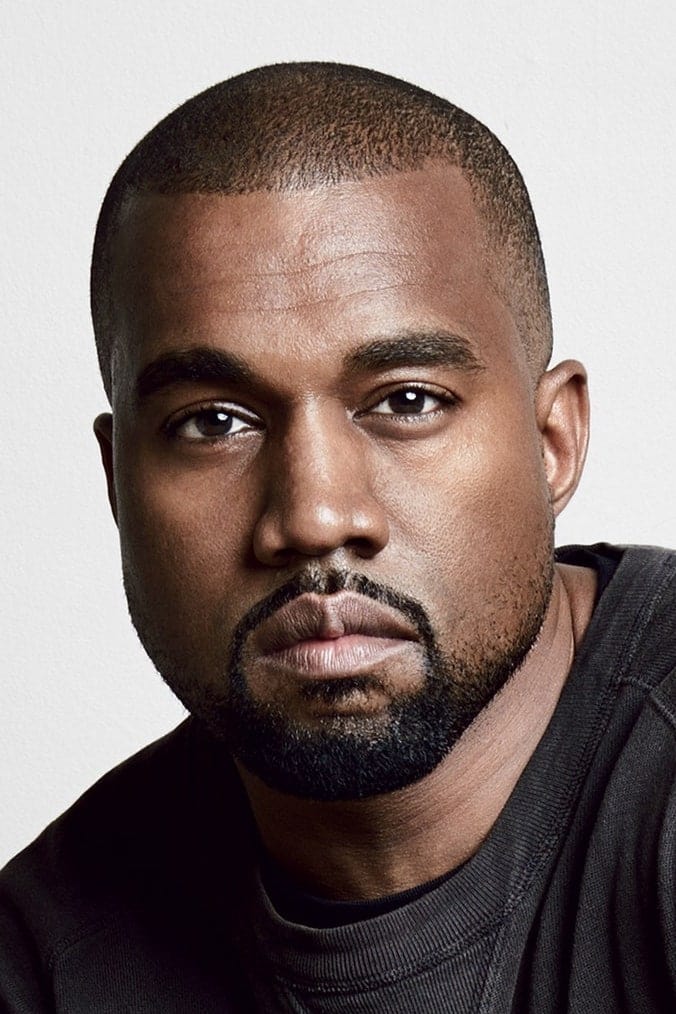
During a 2005 NBC telethon to raise money for hurricane relief, he unexpectedly stated that the president at the time didn’t care about African Americans. This comment surprised his co-host who was on camera with him, and the broadcast team quickly cut to a different shot. While the telethon was intended to inspire donations for those affected by the hurricane, it was his unplanned statement that received the most attention.
Following the replay of the clip on traditional television networks and their subsequent explanations regarding the live broadcast, the remark triggered extensive public discussion concerning the government’s handling of the disaster. This also prompted broadcasters to strengthen delay mechanisms for all future live charity events.
Kanye West

During the 2009 MTV Video Music Awards, he famously interrupted Taylor Swift’s acceptance speech. He stated he’d allow her to finish, before announcing his own pick for Video of the Year. This interruption disrupted her speech, and the broadcast quickly cut to a commercial break while the audience responded to the incident.
The show’s plan was quickly changed during the live broadcast, and the artists and hosts continued to mention the event throughout the rest of the night. This situation prompted official responses from the performers and ultimately changed how award shows handle stage access and security during live performances. It led to new protocols to prevent similar issues in the future.
John Travolta
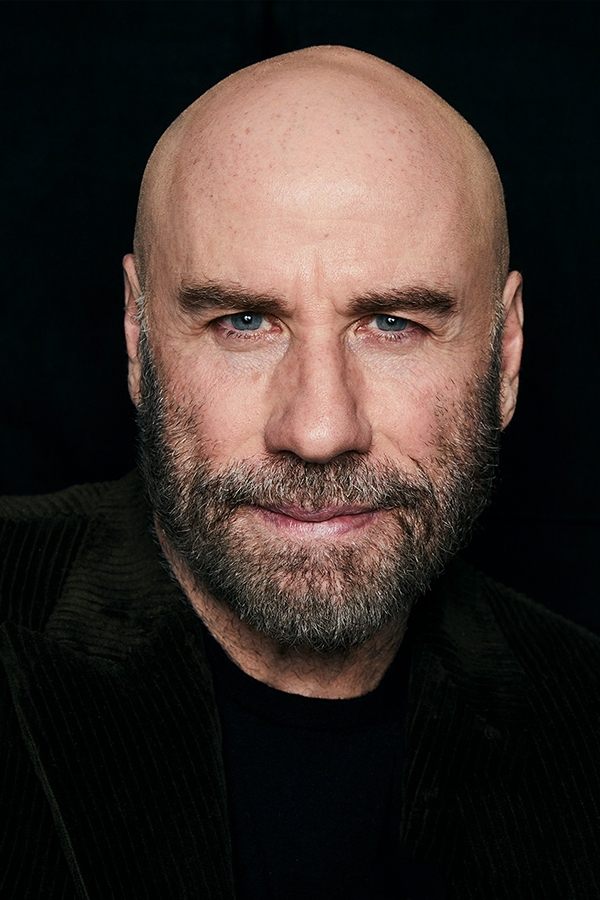
During the 2014 Academy Awards, he famously introduced Idina Menzel, but accidentally mispronounced her name, making it sound like Adele Dazeem. The show didn’t pause, and the performance started right away as viewers shared their reactions instantly. It was a memorable moment.
The following day, the incident with the mispronounced name, quickly dubbed “the flub,” was the main topic in entertainment news. The show’s crew then revised the scripts for future hosts, making them easier to read and reducing potential pronunciation issues on the teleprompter. A year later, the broadcast included a playful segment to openly address the mistake on television.
Steve Harvey
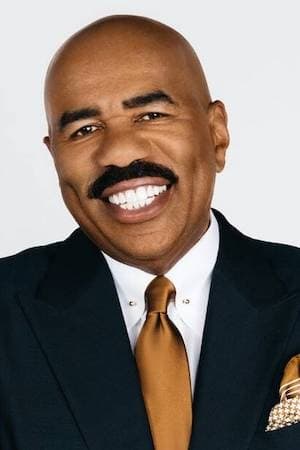
During the Miss Universe 2015 competition, the host mistakenly announced the wrong winner. He had to return to the stage to apologize, explaining that he misread the name. He then showed the card to the cameras, confirming the correct winner while both finalists were still standing on stage.
Following the live broadcast, the organization clarified the design of the results card and updated it for future pageants. Harvey publicly acknowledged the error, and subsequent shows implemented extra verification steps before announcing any live winner.
Faye Dunaway and Warren Beatty

During the 2017 Academy Awards, a mistake occurred when announcing the winner for Best Picture. The presenters read the title from an incorrect card. One of them announced the wrong name on live television, and the other later explained that the envelope seemed off. The show’s producers stopped the acceptance speeches and quickly corrected the error while the broadcast was still happening.
After the awards show, the accounting firm explained how the wrong envelope was given out, and the Oscars put new rules in place for stage managers and accountants working behind the scenes. Future broadcasts used clearer envelope designs and extra preparation steps to avoid a repeat of the mistake.
Samuel L. Jackson
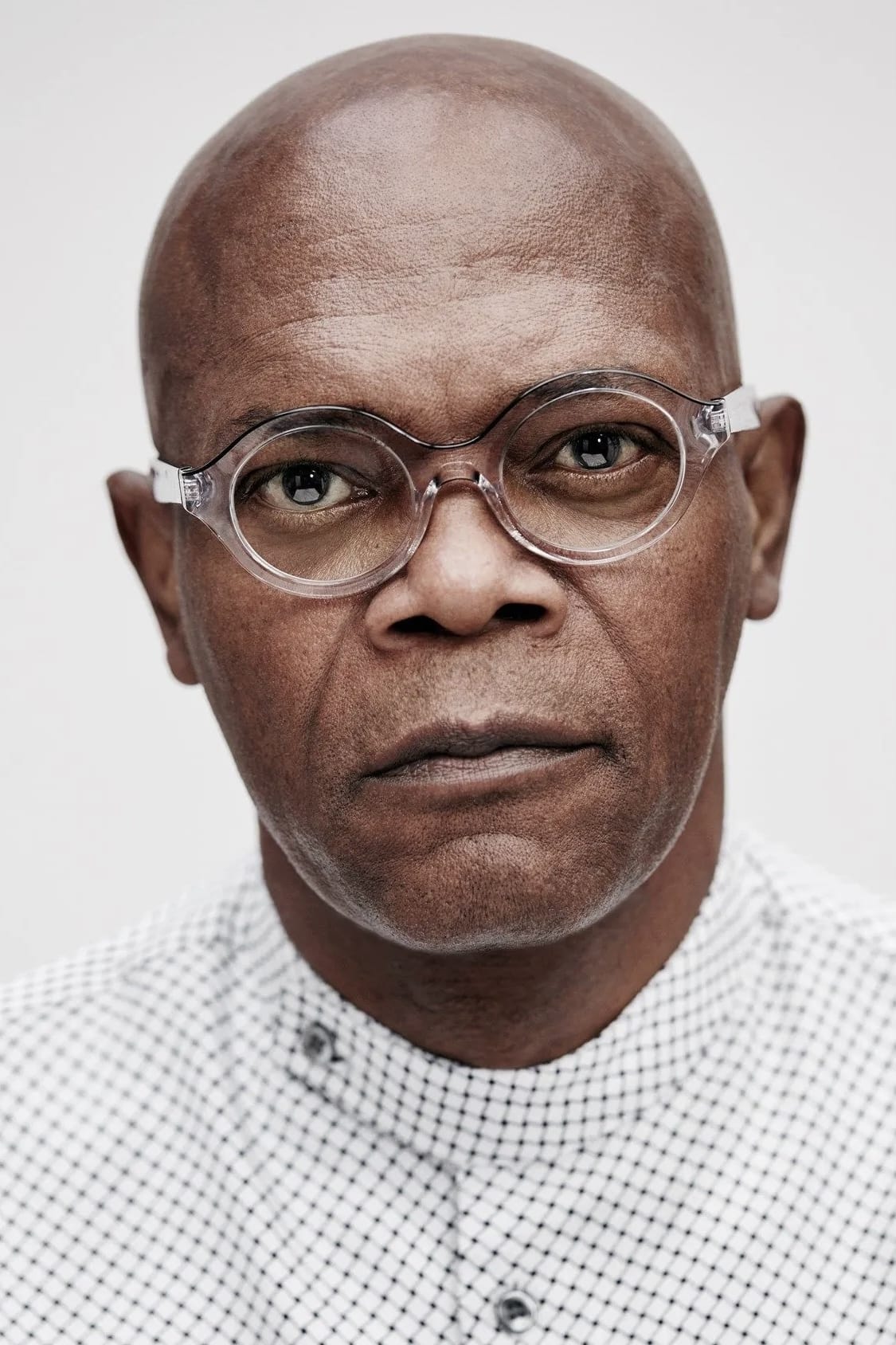
During a live interview on a Los Angeles television station in 2014, a news anchor mistakenly identified him as a different actor. Jackson addressed the error on air, pointing out that people don’t all look the same, and then smoothly transitioned the conversation back to discussing his film.
The video went viral as a case of someone being misidentified on live television. The station offered an apology, and news organizations subsequently used the mistake as a learning tool, incorporating it into training sessions about researching guests and preparing questions for live broadcasts.
Madonna
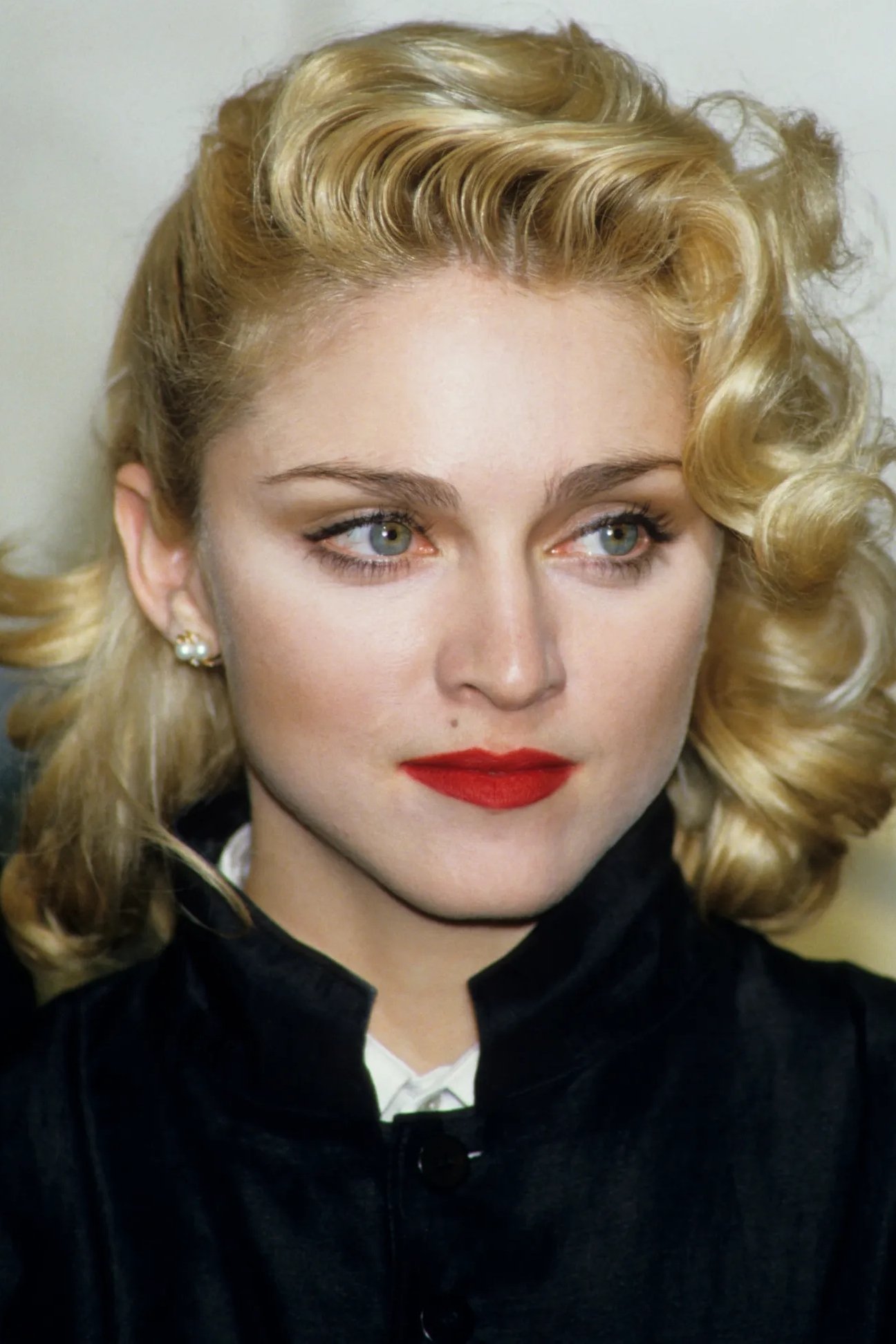
During a 1994 late-night talk show visit, she frequently used profanity and made pointed, teasing comments. The network attempted to censor as much as possible, but because it was a live broadcast, some inappropriate language made it on air. The host noticeably tried to change the subject and steer the conversation in a different direction.
The episode attracted a huge audience, breaking viewership records, but also generated a lot of complaints. As a result, the show increased the delay on live interviews going forward, and the network reminded everyone of the guidelines for guests appearing during earlier hours.
Joaquin Phoenix
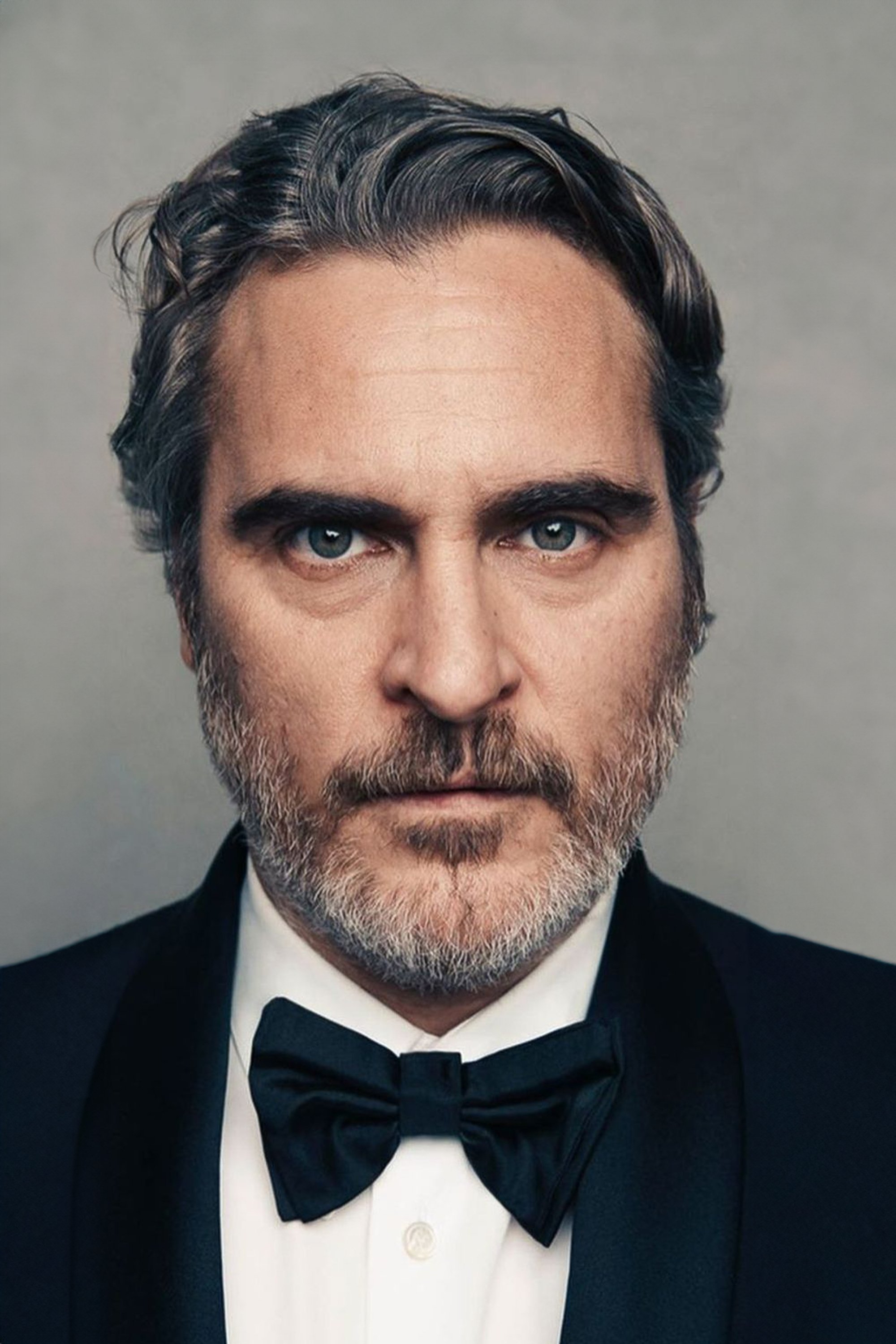
During a 2009 late-night interview, he showed up wearing sunglasses and gave hesitant responses, often leaving awkward pauses. When the host asked simple questions, he responded with brief, unclear answers, causing both the host and the viewers to question if this behavior was intentional or genuine.
Some time later, the actor explained that the incident was actually part of a bigger artistic endeavor, and the interview was allowed to proceed without interruption to maintain the intended impact. The situation continues to be a prime example of how performance art can unexpectedly intersect with the typical format of live television talk shows.
Dakota Johnson and Ellen DeGeneres

During a 2019 episode, the show’s host claimed she hadn’t received an invitation to Johnson’s birthday party. Johnson responded that this wasn’t accurate. The host then asked a staff member to verify her statement, and the conversation quickly became an impromptu fact-check on live television.
The video gained popularity because it flipped the typical relationship between a host and a guest. Following this, talk shows showed the clip again, and people talked about how quickly something said in passing can be questioned when both people on stage have equal footing during a live broadcast.
Mike Tyson
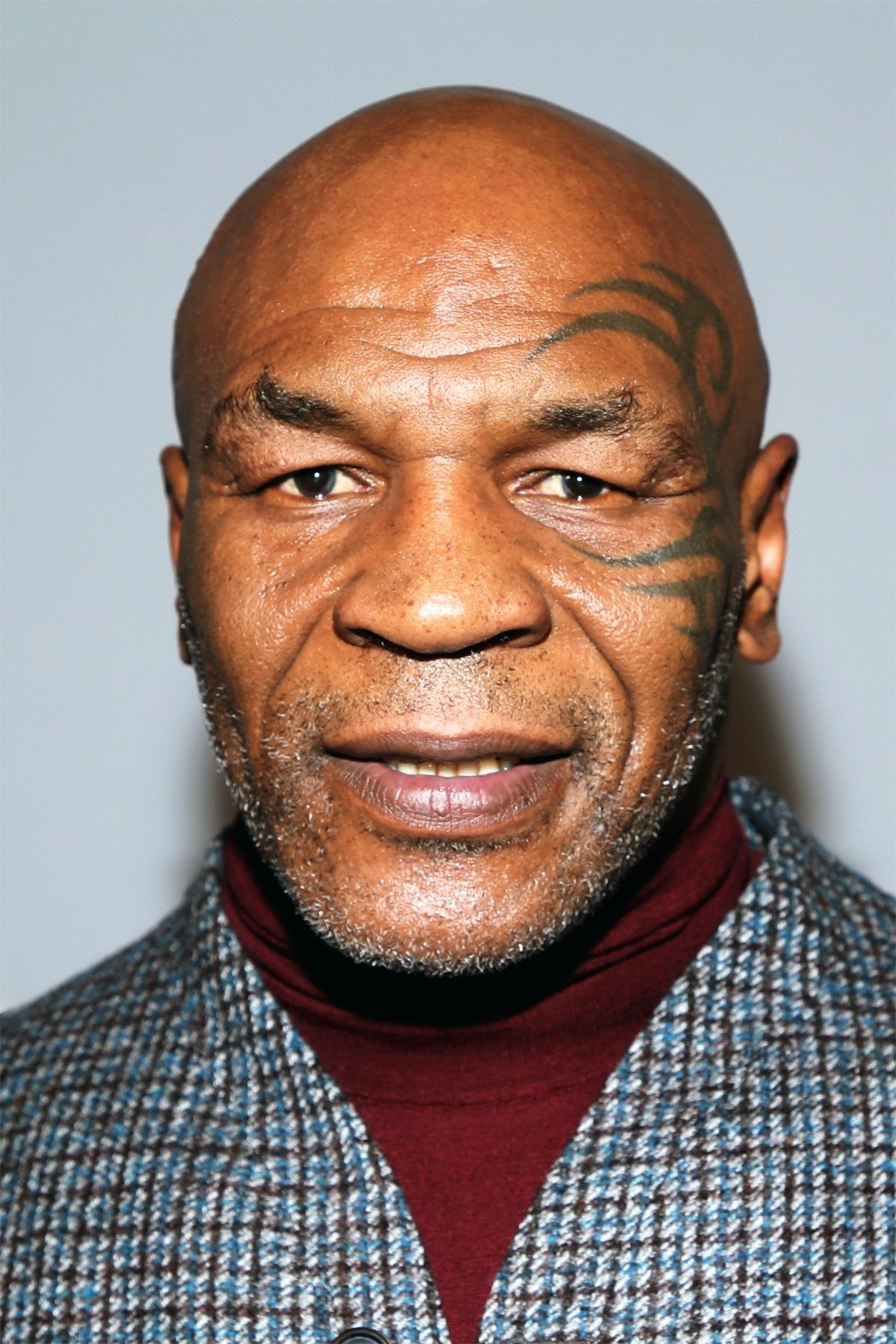
While Tyson was promoting an event during a 2014 live interview on a Toronto television channel, the host mentioned his past. Tyson responded by verbally attacking the host on air, and the control room quickly silenced the audio as the situation worsened. The exchange quickly escalated.
As a film and media enthusiast, I heard the station’s apology for the language used and their explanation that the interview wasn’t pre-recorded. It really highlighted something I’ve noticed a lot – why so many news organizations use a slight delay or switch to pre-taped interviews when they’re dealing with potentially difficult or unpredictable topics. It’s a way to maintain control when conversations might go off the rails, and honestly, it makes sense. It just reinforces how carefully broadcasters have to think about managing live content. This incident definitely showed why those precautions are often taken; it’s all about preventing unexpected situations. It’s a common practice now.
Elizabeth Taylor

During the 2001 Golden Globes, it seemed she began announcing the winner before seeing the list of nominees. The producers quickly guided her through her earpiece to follow the correct procedure. She chuckled, recovered, and the audience cheered her on to keep going.
Following the awards show, producers talked about how controlling the speed of the teleprompter and practicing beforehand could help presenters who haven’t presented in a long time. Subsequent broadcasts included more obvious instructions on stage and easier-to-see markers on the prompter itself.
Paula Abdul

During a live broadcast of ‘American Idol’ in 2008, she mistakenly gave feedback referencing a performance that hadn’t happened yet. The judges quickly understood the comments were meant for a rehearsal, and the show explained the mix-up to the audience.
Producers revised the judging criteria and schedule to ensure feedback only considered the televised performance. This situation highlighted how content from practice sessions can unintentionally appear in the live show if the broadcast format is altered during production.
Mariah Carey
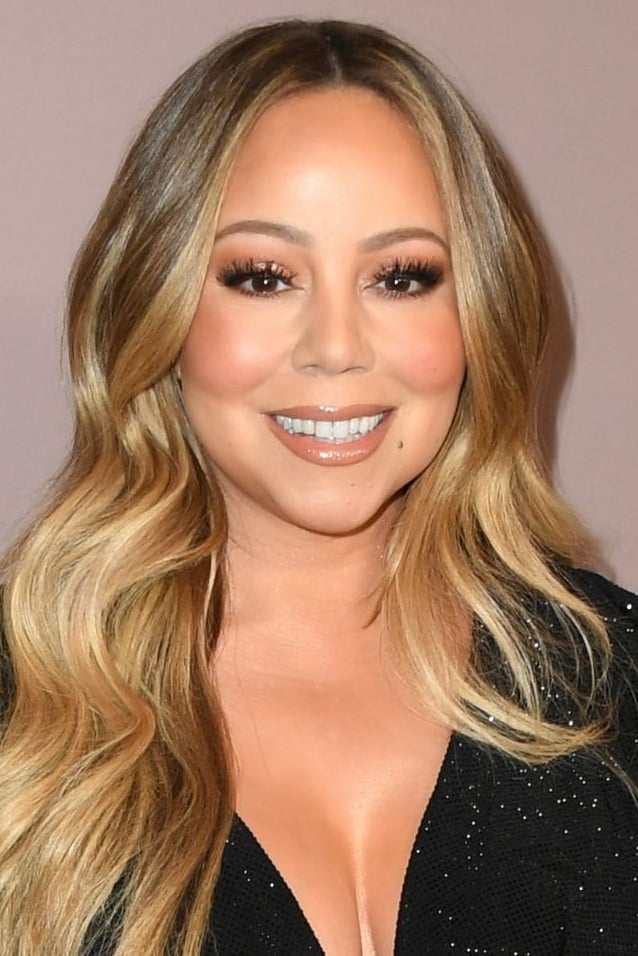
During the 2016 New Year’s Eve performance in Times Square, she had trouble with her in-ear audio and announced she couldn’t hear the music. She explained to the audience that she would do her best to continue and then asked them to sing along as she walked around on stage.
Following the show, her team explained the problems were due to technical difficulties, and the production company offered its own explanation of what happened. The next year, the program invited her back with improved monitoring systems, and she successfully finished the performance without any issues.
Paris Hilton
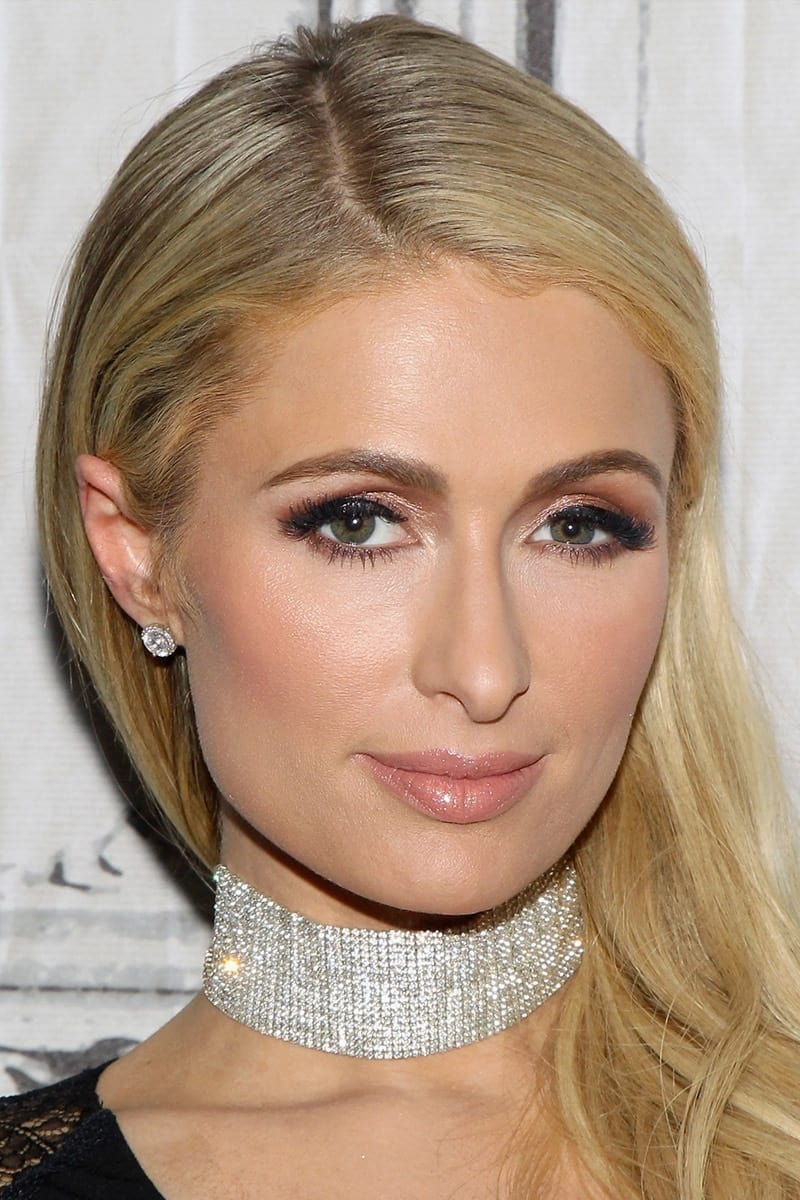
I remember watching an interview with her from 2007, shortly after she got out of jail. It was a late-night thing, and honestly, it was a little uncomfortable to watch. She’d give these really brief answers, followed by long, awkward pauses – it just created a really tense atmosphere. When the host asked specifically about her time in jail, she’d immediately try to steer the conversation toward personal growth, while the host kept trying to get her to share more details. It was a classic example of someone avoiding a direct answer.
As a film and media enthusiast, I found that moment really resonated and it’s been replayed *everywhere* – it perfectly captured a celebrity making a comeback in real time. What’s been fascinating to me is how publicists and interviewers have started using it as a case study. They’re showing everyone how important it is to establish clear boundaries and decide what’s off-limits *before* a really intense, live interview. It’s become a great example of crisis communication, honestly.
Tom Cruise

During a 2005 TV interview, he constantly told everyone how much he loved Katie Holmes, speaking with a lot of energy as the audience applauded. He got up and moved around the set, and he kept bringing up the topic of her, even though the interviewer was trying to talk about his latest film.
Wow, after that clip went viral, it was everywhere! It really became a moment in pop culture, and I remember seeing it parodied on so many late night shows. It was crazy! Honestly, I think it changed how studios handle interviews now. They definitely started being much more careful about what their stars say when they’re doing live daytime interviews to promote a movie – they really started scripting things out with tighter talking points, you know?
Christina Aguilera
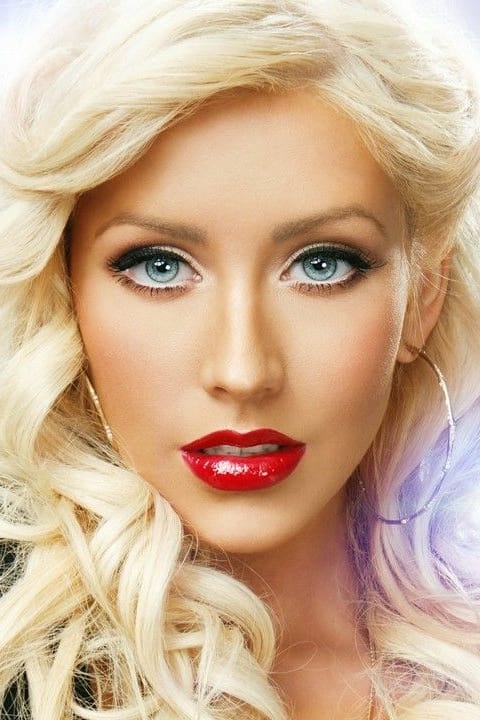
During the 2011 Super Bowl, she performed the national anthem but stumbled over a lyric while on live TV. Despite the mistake, she completed the song, and cameras recorded the audience’s reactions throughout the stadium.
She released a statement saying she was sorry and explained that she got carried away with the excitement. Television networks changed their camera strategies for future national anthems to reduce the pressure on singers when they are shown close-up during the first few lines.
Sally Field
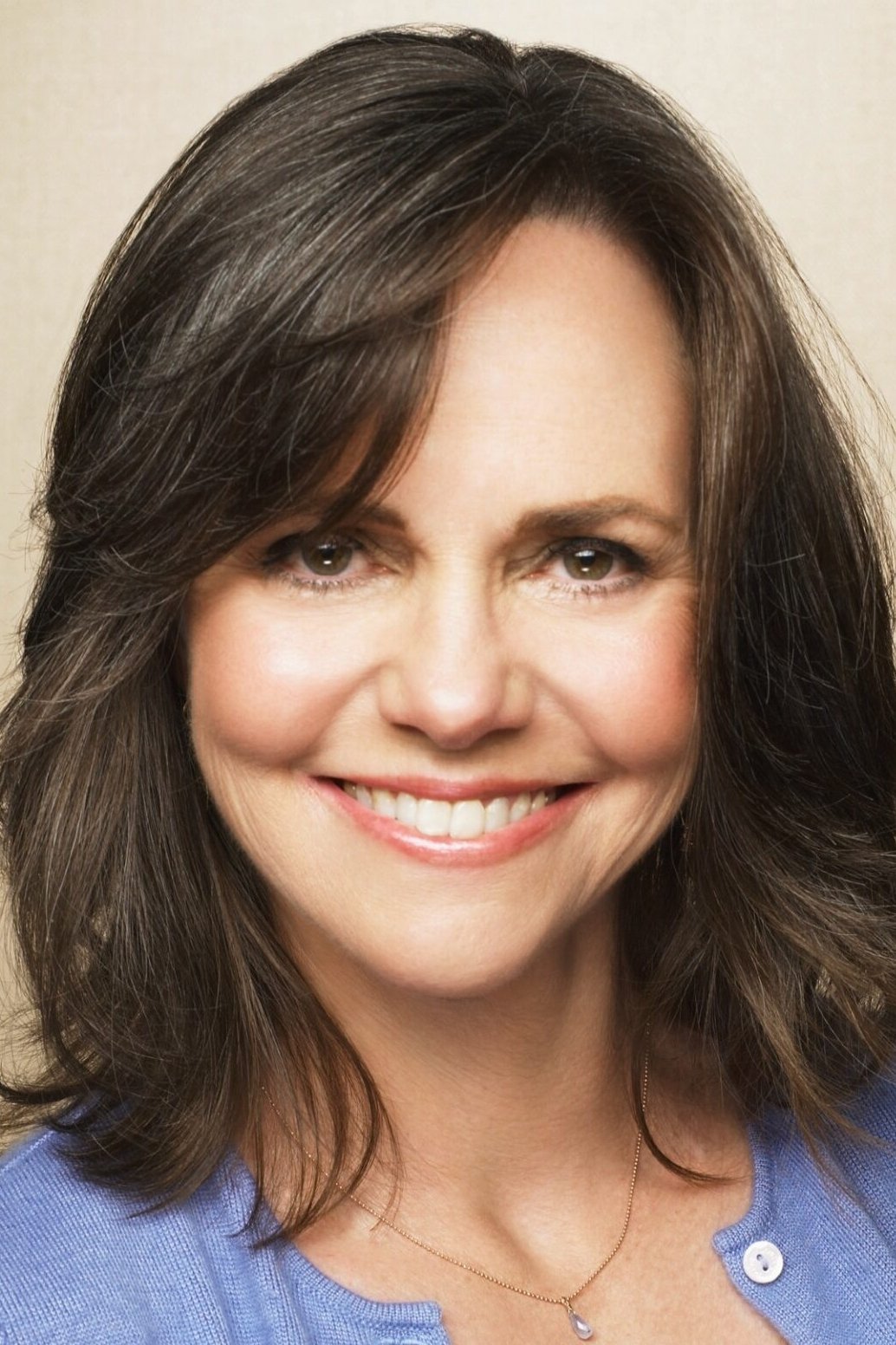
During her acceptance speech at the 1985 Academy Awards, she said something about the audience liking her at that moment, and it quickly became one of the most famous lines ever spoken at an awards show. This sentence, delivered towards the end of her speech, immediately became part of popular culture and is still remembered today.
Following the interviews, she detailed the years of effort behind the moment and expressed gratitude for the acknowledgment. The quote continues to be featured in awards show highlight reels, demonstrating how a sincere statement can have a much greater impact when spoken live to a worldwide viewership.
Miss Teen USA Contestant Caitlin Upton

During the Q&A session in 2007, she offered a rambling response concerning maps and education, which featured a well-known phrase starting with “such as.” She continued speaking, attempting to finish her idea, but the host eventually moved on to the next part of the show as time was running out.
The video quickly went viral, and the contestant afterwards discussed feeling anxious and the stress of performing live on television. Following this, the pageant organizers examined their procedures for preparing teenage contestants before they appear on national broadcasts. They focused on how questions are asked and how much preparation time the teens receive.
Paula Deen
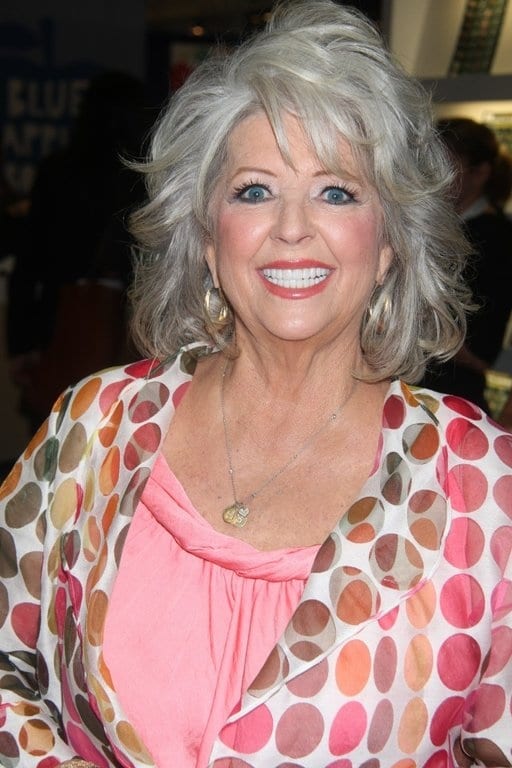
During a 2013 TV interview, she attempted to clarify a controversial topic but used incorrect grammar in a statement about who she was. This phrasing didn’t resonate with viewers, and subsequent interviews that week centered around that particular statement instead of the point she was trying to make.
The repercussions quickly worsened the situation for businesses, and sponsors made announcements just days later. This incident is frequently used in media training to illustrate why it’s important to keep core messages clear and concise, and avoid wording that could be misinterpreted or taken out of context.
Ricky Gervais
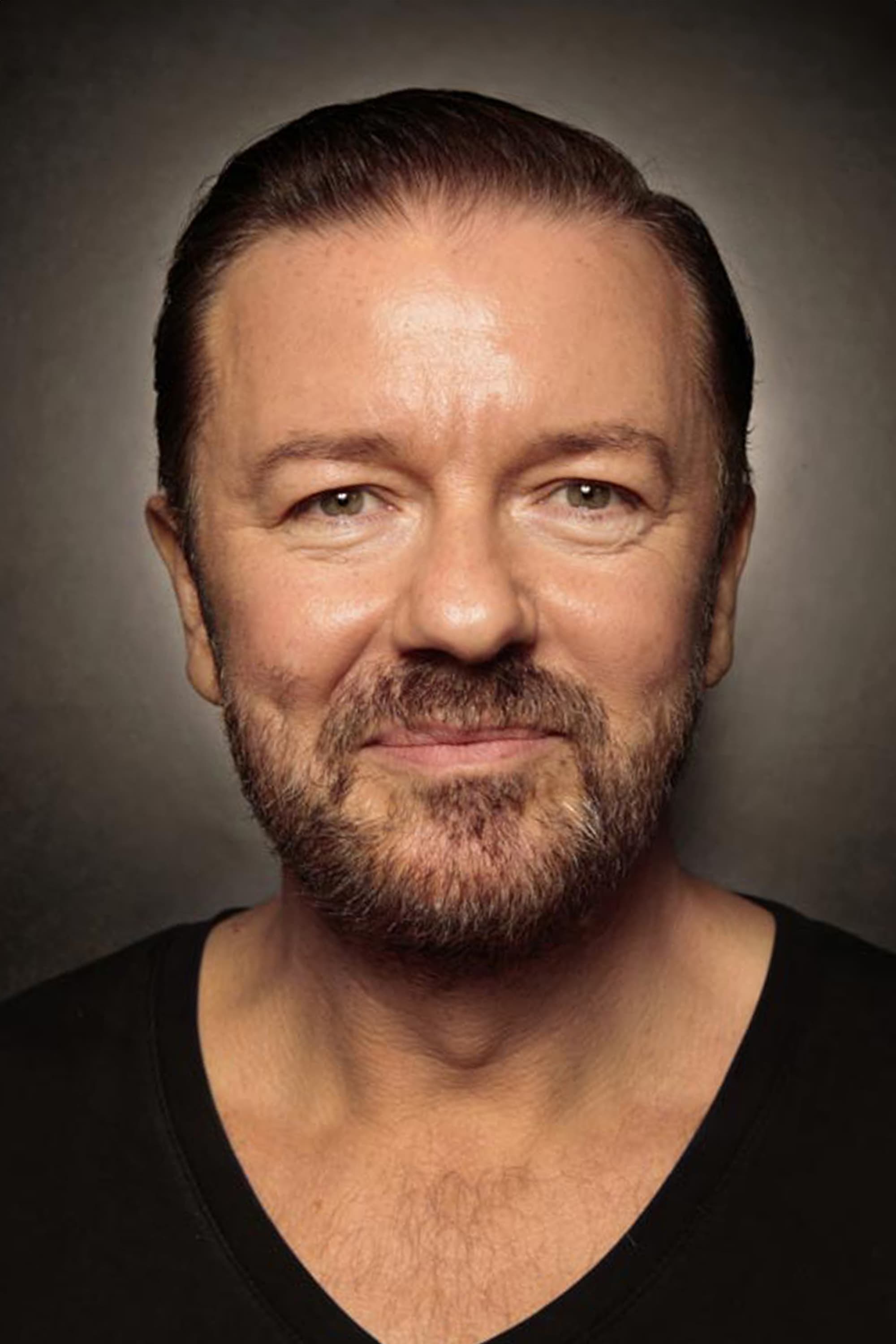
When he hosted the Golden Globes, he told pointed jokes that directly referenced people in the audience, testing the boundaries of what’s acceptable for live television. Several of his lines shocked the crowd, and producers in the control room debated which audience reactions to broadcast.
Following the show, the awards organization addressed questions regarding the criteria for selecting hosts and considered how future broadcasts could strike a balance between provocative comedy and a positive, celebratory atmosphere. The way he performed has influenced how awards shows now choose and prepare hosts, specifically in managing notes during rehearsals before the live event.
Share the most uncomfortable live TV line you still think about in the comments.
Read More
- 2025 Crypto Wallets: Secure, Smart, and Surprisingly Simple!
- Gold Rate Forecast
- Brown Dust 2 Mirror Wars (PvP) Tier List – July 2025
- HSR 3.7 story ending explained: What happened to the Chrysos Heirs?
- Games That Faced Bans in Countries Over Political Themes
- ETH PREDICTION. ETH cryptocurrency
- Gay Actors Who Are Notoriously Private About Their Lives
- Banks & Shadows: A 2026 Outlook
- The 10 Most Beautiful Women in the World for 2026, According to the Golden Ratio
- The Best Actors Who Have Played Hamlet, Ranked
2025-10-04 01:11